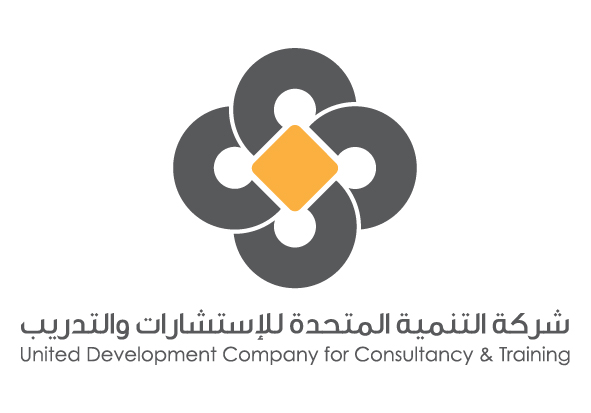
- This course has passed.
Dynamics of Leadership
February 16 @ 9:00 am - February 20 @ 3:00 pm
Contact Us for Price
NTRODUCTION
Upstream Petroleum Accounting training course is designed to develop the essential skills necessary to prepare and evaluate Upstream Petroleum Accounts and to improve the organization’s internal audit function.
It focuses on the latest techniques to evaluate Financial; Operational & Social Performance as well as relevant International Financial Reporting Standards (IFRS) for the preparation of accounts. Delegates will therefore be able to prepare financial statements in line with IFRS and make strategic decisions to improve financial performance of their organization. In addition, the development, monitoring and continued improvement of a highly-integrated, internal audit function will aid continued financial success, stability and growth.
OBJECTIVES
By the end of this training course, participants will be able to:
• Develop an understanding of the accounting and auditing standards, policies and practices used by Upstream Petroleum companies
• Improve relevance and reliability of financial reports to better meet the needs of users
• Review and use publicly available information for benchmarking the business performance
• Understand the role and function of an Internal Audit Department
• Understand audit risk and efficiently plan, control and record an audit assignment
COURSE OUTLINE
DAY 1
• Major Accounting & Auditing Issues in the Upstream Petroleum Sector
• The Latest Accounting & Auditing Issues Facing the Sector
• The Impact of Commodity Prices, Currency & Interest Rate Fluctuations and Political and Environmental Developments
• The Impact of Financial and Accounting Issues on Strategic Development and Growth within the Sector
• The Annual Reports & Financial Statements of Leading International Petroleum Companies
• An Overview of IFRS in Relation to Upstream Oil & Gas Accounting
• The Role of Auditing
DAY 2
• Accounting for Revenue & Costs in the Upstream Petroleum Sector
• Revenue Recognition & IFRS 15: Revenue from Contracts with Customers
• Costs in Acquisition, Exploration, Development and Production
• IFRS 6: Exploration for and Evaluation of Mineral Assets
• Accounting Approaches – The “Successful Efforts” (SE) Method or the “Full Cost” (FC) Method
• Break Even Oil, Cost Oil & Profit Oil
• Evaluating Profitability of Leading International Oil & Gas Companies
DAY 3
• Accounting for Assets in the Upstream Petroleum Sector
• Reserves & Resources
• IAS 16: Property, Plant and Equipment
• Depletion, Depreciation & Amortisation (“DD&A”)
• IAS 36: Impairment of Assets
• IAS 37 – 39 : Provisions, Contingent Liabilities and Contingent Assets; Intangible Assets and Financial Instruments
• Evaluating the Assets & Reserves of Leading International Petroleum Companies
DAY 4
• Creative Accounting, Corporate Governance & Auditing
• Creative Accounting
• Corporate Governance
• Published Financial Statements
• The Role of the Board & Audit Committee
• External Auditing – Reporting to investors in the Oil & Gas industry
• Internal Auditing – Defining and Developing the Internal Audit Process
DAY 5
• The Internal Audit Function
• Establishing the Roles & Staff within the Internal Audit Department
• The Various Types of Audits
• Planning & Commencing Internal Audit Examinations
• Controls & Substantive Tests
• Communicating Audit Findings
• The Audit Exit Conference Meeting & Post-Audit Reviews
Related Courses
| Course Title | Date | Location | Price | |
|---|---|---|---|---|
| Budgeting & Cost Control for Oil and Gas IndustryFinance And Budgeting | 4 - 8 May, 2025 | 5 Days | Cairo, Egypt | KD 1,450.00 |
| Real Estate Finance & InvestmentFinance And Budgeting | 4 - 8 May, 2025 | 5 Days | Madrid, Spain | Contact Us for Price |
| Understanding Double Entry to Trial BalanceFinance And Budgeting | 4 - 8 May, 2025 | 5 Days | Dubai, United Arab Emirates | KD 1,650.00 |
| Finance For Non-Financial ExecutivesFinance And Budgeting | 4 - 8 May, 2025 | 5 Days | London, United Kingdom | KD 1,950.00 |



